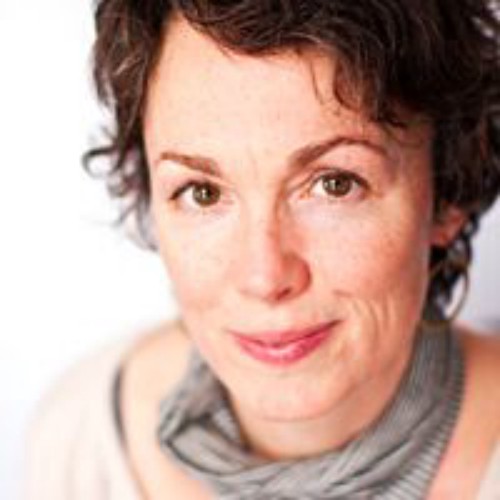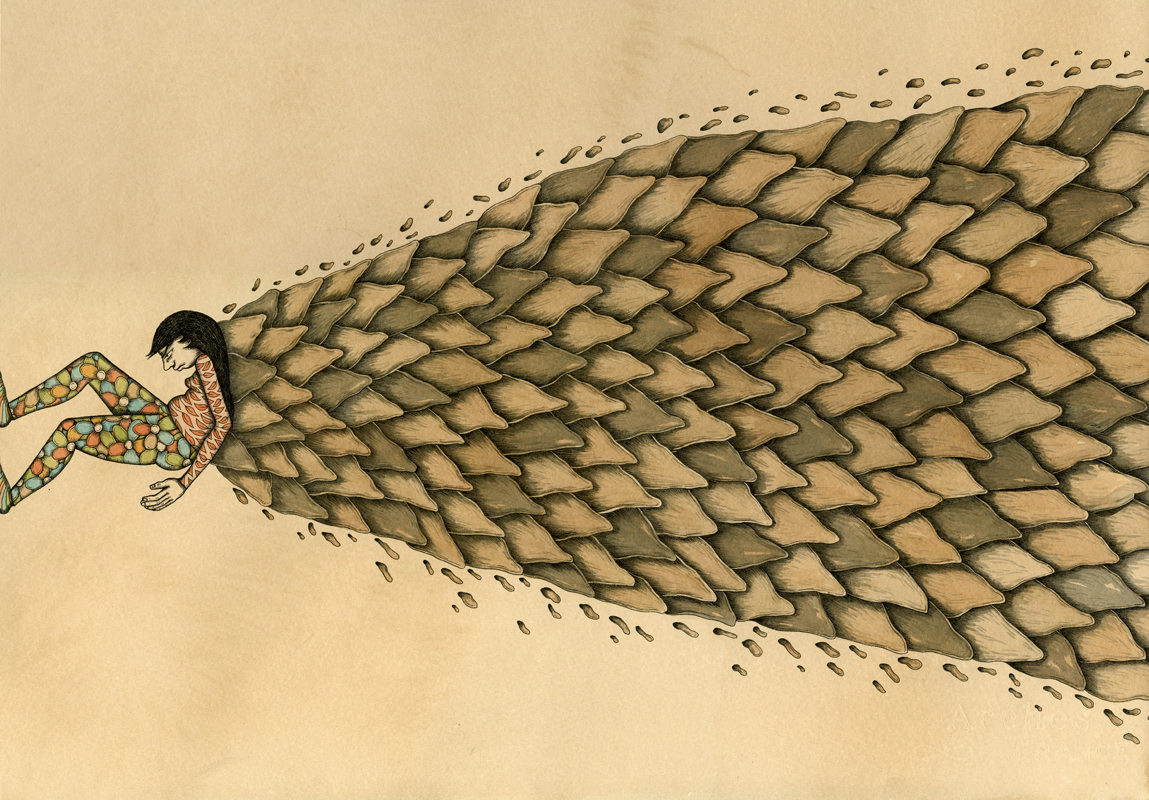I have vague memories of handmade gifts, cards dripping with glue and paper hearts, but as I got older I never felt the desire to celebrate my father. He also never gave me a reason to believe — in him or in us. The offenses came early and stayed late, like a boorish houseguest.
It’s not easy to go on like that for decades, trying to fill a dad-shaped hole. You think you can stuff that hole with all sorts of things, all sorts of people, but you are wrong. Nothing fits quite right. You give up. You give in. You give up again. You soldier on. You feel nothing but disappointment and pity and exhaustion.
Another Father’s Day rolls around but now I’m a parent. Bygones, I tell myself. I take the old man out for breakfast, and I’m sitting across from him while he complains his way through a pile of pancakes. He points out my weight gain, tells me I need a haircut. He says his nursing home roommate is nosey, his nurses are lazy, he needs to borrow money. He tells me he’s quit smoking, for good this time. I watch as he flirts with our 20-year old waitress, the familiar sense of nausea and shame hitting me in waves. I lower my gaze and tuck my hair behind my ears.
My old man slides out of the booth, pulls himself up with his walker and rolls out of sight. I’m waiting for the check when I catch a glimpse of him in the parking lot, sneaking a cigarette like a devious teen. The disappointment is familiar, comforting even, as I watch him bend down to snuff one out in a rusty old coffee can. Nothing gold can stay.
I join my father outside, under a dark summer sky. It’s raining and we stand in silence under the canopy, waiting to catch a break. Smoke drifting out into the storm, my mind drifting to the cancer that is spreading its way through my father’s body.
Cell division has the peculiar characteristic of being described in familial terms. It’s defined by the original cell, or parent cell, dividing into daughter cells. From one, comes two… becomes one, becomes two… and so on, until you have a heap of parents and children. The healthy ones know when enough is enough. They respond to communication signals and stay within reasonable limits. But those bent on destruction have no respect for boundaries—relentlessly invasive, aggressive and unyielding, there will never be enough time to undo all the damage.


